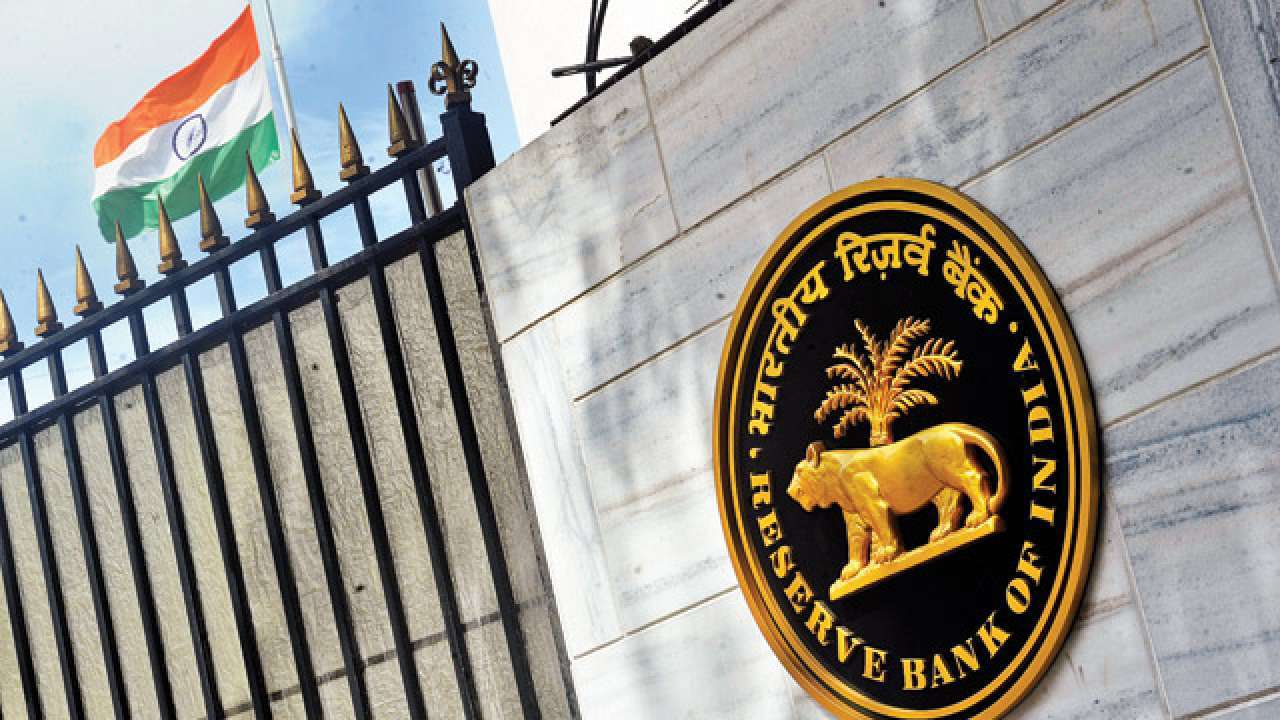
The Reserve Bank of India’s decision to keep the benchmark repo rate at 6 per cent and the reverse repo rate at 5 per cent unchanged is appropriate given the upside risks to inflation in the coming months.
Compared to the inflation projection of December- slotted in the range of 4.3-4.7 per cent- the central bank has now revised CPI estimates to 5.1 per cent for the final quarter of FY18. The Monetary Policy Committee (MPC) has warned that there a number of factors at play that could lead to a revision of inflation in the coming fiscal year.
First, the staggered impact of HRA increases by various state government could kick in and push the CPI over the baseline in FY19 engendering ripple effects in the economy. Second, a pick up in global growth will push up crude oil and commodity prices producing inflationary pressures in the domestic economy.
With oil prices rising, households will have to shell out a larger share of their earnings for cooking expenses and transport fuels. This will consequently force them to forego demand for other goods leading to lower consumption, which, in effect will translate into lower indirect tax collection for the government.
In case, global crude oil prices do harden, the government should explore the possibility of cutting back on the high taxes on transport fuels. Third, the Union Budget, notwithstanding its all guns blazing solicitude for problems that ail the farmer, has created the perfect conditions for a rise in food inflation by revising guidelines on hiking Minimum Support Prices (MSP) for Kharif crops. While the fine print is still not completely clear on the government’s proposed hike in MSP, the MPC is fair in accommodating the inflationary fallouts of this move.
Incidentally, this Union Budget also saw an increase in food subsidy to the Food Corporation of India by Rs 36,000 crore The MPC also strictured the government for breaching the fiscal deficit ceiling of 3 per cent set by the FRBM.
As the MPC has pointed out, the government’s fiscal slippages in a year packed to the brim with elections (four of them in big states) will have larger macro-financial implications and will push the cost of borrowing even higher than the existing levels.
However, there is still some hope. Apart from the inflation concerns, the MPC reiterated that the economy is indeed coming back on track. For FY18, it has projected a Gross Value Added (GVA) growth of 6.6 per cent- quite close to the ball-park projections of 6.75 per cent estimated by the Economic Survey- and has pegged it to grow at 7.2 per cent in the coming fiscal. This should come as a much-needed relief for the government, which could deftly employ the projections by the MPC to buttress the point that under its regime India’s economy has gone from strength to strength in last few quarters and poised to climb higher.
Further, as the infrastructure of the GST steadies itself, the government can count on higher revenues accruing to it. Lastly, sticky loans need to be resolved faster under the Insolvency and Bankruptcy Code . Once the pipeline of NPAs is drained out, only then will robust demand start surfacing in the economy.